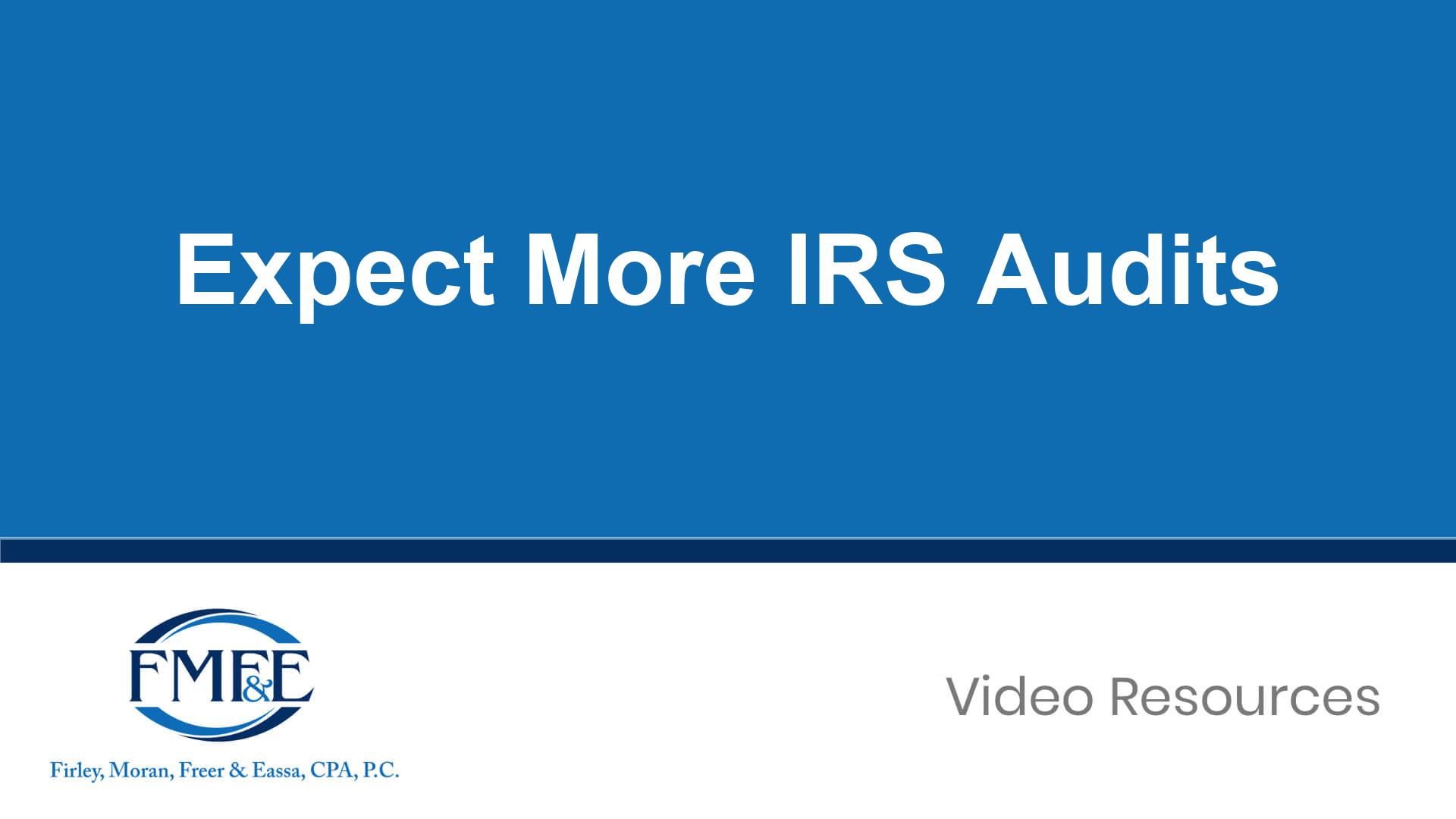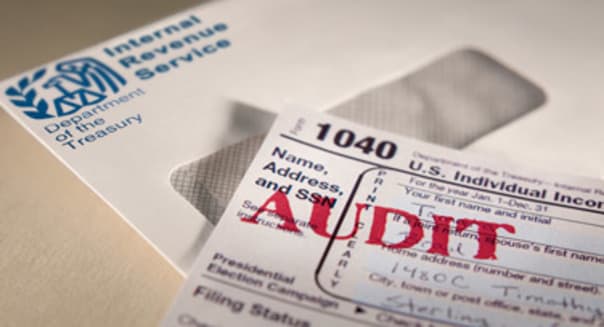IRS Audit: Fees and Paperwork Explained

The prospect of an IRS audit can be intimidating, but understanding the process, fees, and necessary paperwork can ease this anxiety. An audit is essentially a review or examination of your financial information to ensure that your income, expenses, and deductions are reported accurately. Here's what you need to know to navigate through an IRS audit effectively:
Types of IRS Audits

Before delving into fees and paperwork, it’s important to understand the different types of audits:
- Correspondence Audit: The least invasive type, handled through mail, where you submit requested documents.
- Office Audit: Conducted at an IRS office, where you bring documentation for review.
- Field Audit: The most comprehensive, with IRS agents visiting your home or business for an in-depth review.
Understanding Audit Fees

The IRS does not charge a fee for auditing you; however, there are indirect costs you should be aware of:
- Professional Fees: Hiring a tax professional, CPA, or attorney can be advisable to guide you through the audit. Their fees can range significantly, often between 250 and 500 per hour.
- Time and Expenses: You’ll need to spend time gathering documents, attending meetings, and dealing with the process. Travel expenses, postage, and potentially lost income due to time away from work are also considerations.
- Penalties and Interest: If discrepancies are found, you might face penalties and interest on additional tax owed.
Preparing for an Audit

To prepare for an IRS audit, you must gather all relevant documents:
- Tax Returns: Both current and previous years’ returns.
- Receipts: For all deductible expenses claimed.
- Income Records: W-2s, 1099s, bank statements, and any other proof of income.
- Supporting Documents: Any proof for deductions or credits you’ve claimed, like mortgage statements or medical bills.
- Business Records: If self-employed or operating a business, you’ll need ledgers, invoices, and detailed expense reports.
🛈 Note: Organize your documents systematically, grouping them by relevance to make the audit process smoother for both you and the IRS agent.
Steps During an Audit

Here’s how to navigate through an audit:
- Initial Notification: You’ll receive a letter from the IRS detailing which aspects of your tax return are under review.
- Response: Respond to the IRS notice promptly with either requested documents or a date for the office/field audit.
- Meeting with IRS: If an office or field audit, you’ll meet with an IRS agent to discuss your tax situation. Be honest and cooperative.
- Revised Audit Report: After the audit, you’ll receive a report. If you agree, you pay any additional taxes; if not, you can appeal.
- Appeal: You have the right to appeal an audit decision if you believe there was an error.
| Type of Audit | Notification | Location | Documents to Bring |
|---|---|---|---|
| Correspondence | N/A | Requested via mail | |
| Office Audit | Letter | IRS Office | Tax Returns, Receipts, Income Records, Supporting Docs |
| Field Audit | Letter | Your Home or Business | All Tax Records, Detailed Business Records |

Managing Post-Audit

After the audit:
- Review the Audit Report: Understand any proposed changes to your tax return.
- Pay or Dispute: If you owe taxes, pay them promptly. If you dispute findings, consider an appeal or hire a professional for guidance.
- Record Keeping: Keep audit-related records for at least three years or longer if the audit relates to a fraud issue.
In summary, navigating an IRS audit involves understanding your rights and responsibilities, the types of audits, potential fees, and the meticulous preparation of documentation. While the process might seem daunting, being organized, honest, and proactive can significantly reduce the stress and potential financial implications. Remember, the IRS isn't your adversary; they are looking for accuracy in tax reporting. By staying informed and prepared, you can ensure that an audit doesn't become a more significant burden than it needs to be.
What triggers an IRS audit?

+
Audits can be triggered by discrepancies in tax returns, high-income levels, significant changes in income or deductions, random selection, or specific information received by the IRS from third parties.
Can I handle an audit myself?

+
Yes, you can handle an audit yourself, but it’s often beneficial to have a tax professional if you’re unsure or if the audit involves complex issues. They can provide expertise and representation.
How long does an IRS audit usually take?

+
The duration varies. Correspondence audits can be resolved in weeks to months, while office or field audits can take several months or more, depending on the complexity and cooperation.
What happens if I disagree with the IRS audit findings?

+
If you disagree, you can appeal the decision. The IRS has an appeals division to handle disputes. You have the right to present your case, often with the assistance of a tax professional or attorney.